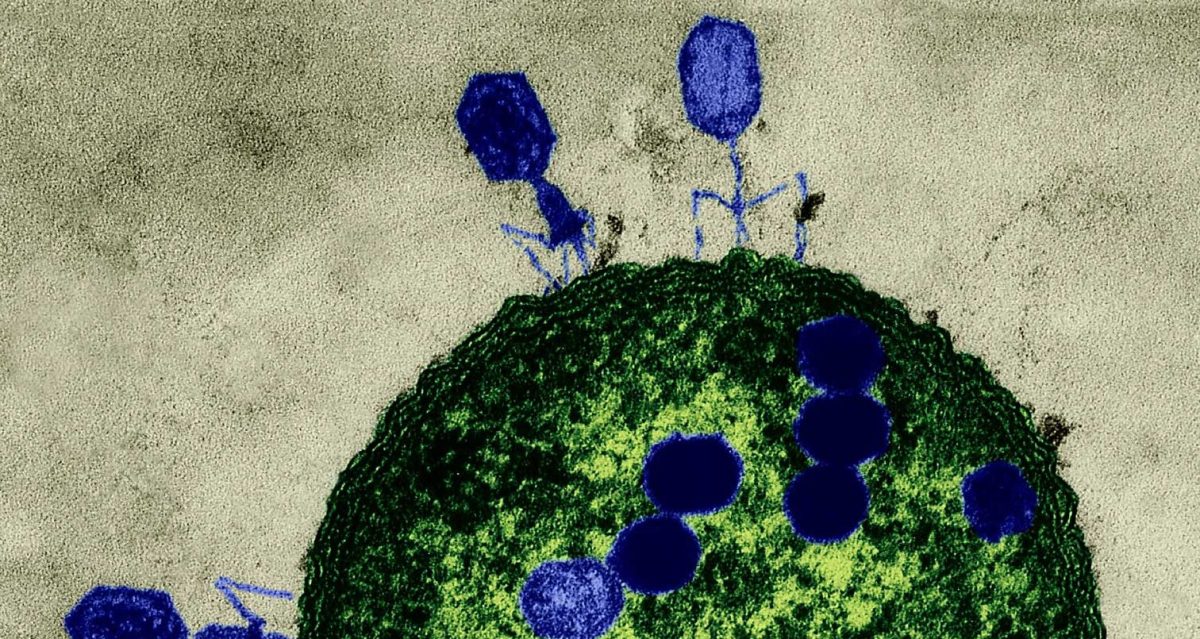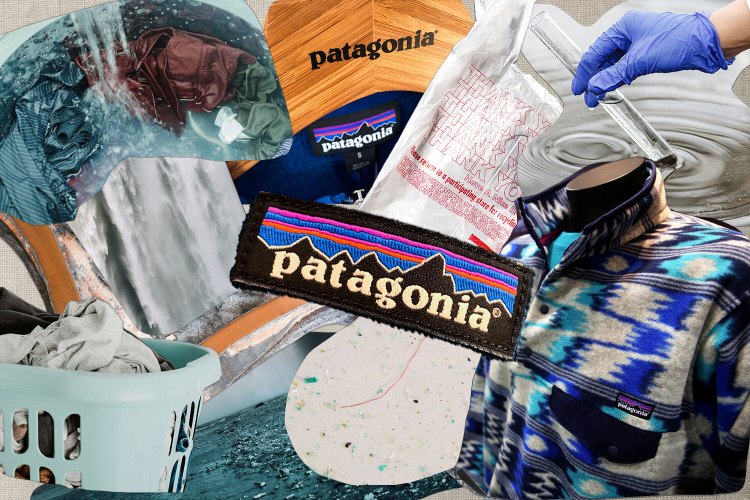Viruses found in sewage could be the secret weapon in the burgeoning fight against antibiotic-resistant bacteria, which kill 23,000 Americans each year.
Superbugs are a growing public health crisis that without a major invention could kill 10 million people a year by 2050, according a 2014 UK-funded report. So the medical community is turning to sewage, or more specifically the bacteriophages found in them, as a possible solution.
Bacteriophages are viruses that infect bacteria, like those in the intestine. Among the oldest living organisms on Earth, the viruses are also some of the most common. They can be found in water and soil, but most abundantly in human waste (since they feed on bacteria in the intestines).
The bacteria-eating viruses have gained recent attention after they were successfully used, in 2016, to treat an American who suffered from a deadly infection of Acinetobacter baumannii. Not all these viruses can fight the Egyptian superbug, researchers scoured their library of samples and even the sewers nearby for a right match, according to the Huffington Post.
Bacteriophage therapy is strictly regulated by the FDA, but Texas A&M and San Diego State Universities—along with the Navy—were allowed to collaborate on this life-saving intervention that might hold the key to preventing future pandemics.
Whether you’re looking to get into shape, or just get out of a funk, The Charge has got you covered. Sign up for our new wellness newsletter today.
























